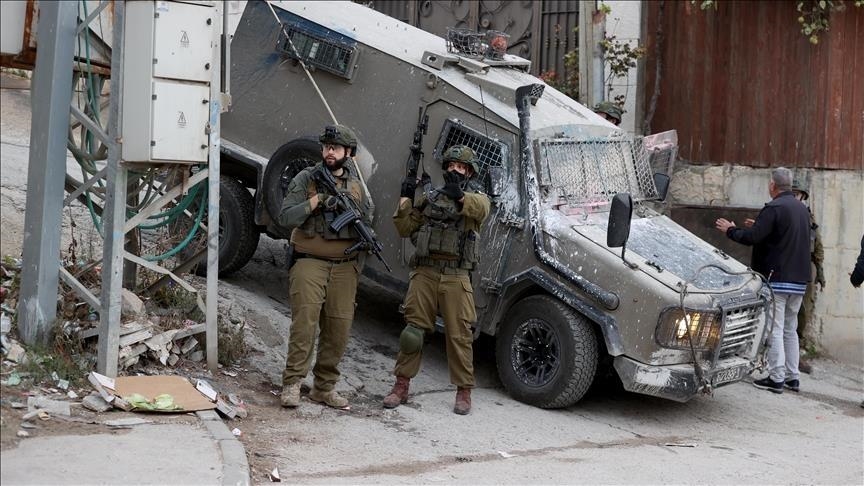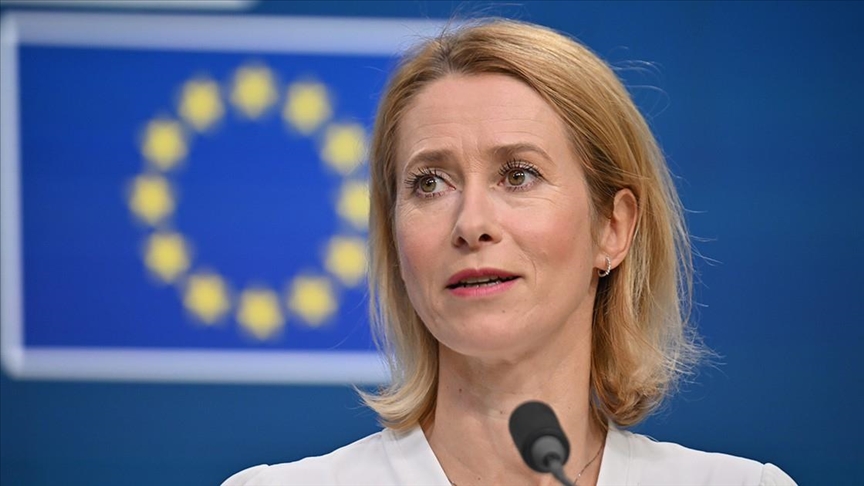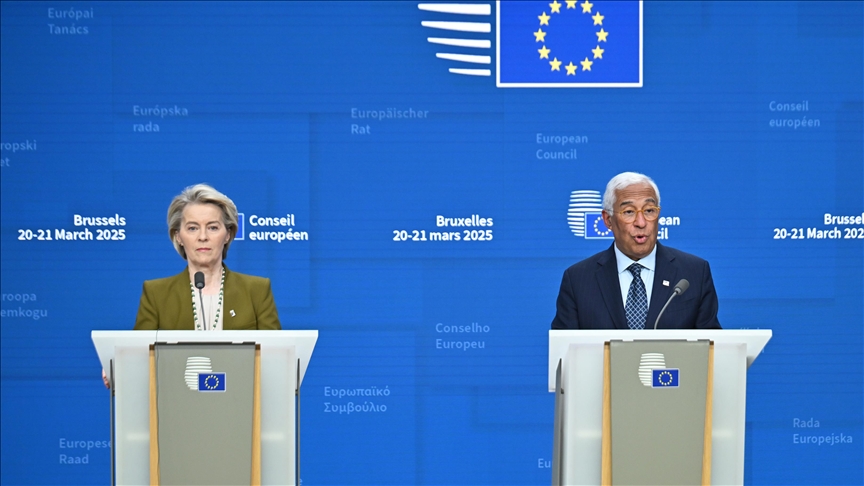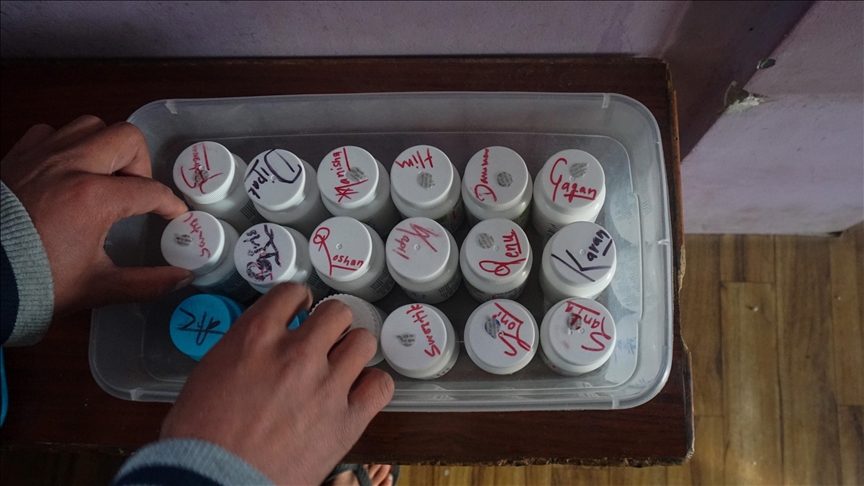British expert, Laurence Broers gave exclusive interview to EDNews.net portal regarding the latest border clashes between Armenia and Azerbaijan as well as its impacts on regional and global space.
Laurence Broers is the Caucasus Programme Director at Conciliation Resources. He has more than 20 years' experience as a scholar of conflicts in the South Caucasus and practitioner of efforts directed at their peaceful resolution. He is also the author of Armenia and Azerbaijan: Anatomy of a Rivalry (Edinburgh University Press, 2019) and co-editor of the Routledge Handbook of the Caucasus (Routledge, 2020). He also co-founded the first dedicated scholarly journal dedicated to the Caucasus, Caucasus Survey, and serves as associate fellow at the Russia and Eurasia Programme at Chatham House.

- Dear Laurence, if we look over two decades of Armenia-Azerbaijan conflict, we can see that the number of major military clashes - 2008, 2010, 2014 and 2016 clashes, occurred at the contact line around occupied Nagorno-Karabakh and seven surrounding regions. Whereas, at this time, major bloody clashes happened at the official state border in the direction of Tovuz district belonging to Azerbaijan and in the direction of Tavush district belonging to Armenia. According to local and foreign experts, the latest clashes on the Armenia-Azerbaijan border have been provocations. As an expert working on Armenia-Azerbaijan conflict for long-term, you have also a special opinion regarding these latest events. We would like to get comments from you about the assessment of the situation on the state border between two neighboring states.
- There have been ceasefire violations and incidents in the area of the international border before. In 2015 and early 2016 both combatants and a number of civilians were killed in the area. But we haven’t seen something on this scale before, and the first question for me is whether an escalation on this scale was actually the intended outcome. The incident took place on high ground, in poorly demarcated territory with Armenian and Azerbaijani forces seeking tactical advantage. It has been pointed out that similar such movements have happened before in this area and in Nakhichevan, yet on those occasions no escalation followed. It may be that neither side felt it could back down.
I don’t believe that either party has a reason to start a major conflict right now, or that Armenia has motives at this moment to start a conflict here in order to involve Russia or the Collective Security Treaty Organization (CSTO). As the incident showed, security guarantees and the deterrent that the CSTO in particular offers is not very solid. This was the same in April 2016, and one outcome, whether intentional or not, of the July 2020 clashes is to further cast doubt on the effectiveness of the CSTO’s deterrence. However, this is not news in Armenia, and testing those guarantees seems an unlikely motive.
It is of course impossible to accurately explain what actually happened while sitting in London, and we need to wait for a fuller understanding. At this point I would just say that these clashes did not appear to come out of the kind of intentional, large-scale operation as in April 2016, but to have come out of non-regulated military interactions in a side-theatre in an overall context of heightened tensions and enmity.
- From your opinion, how is it possible that Russia and Turkey are involved as opposite actors in the next Armenia-Azerbaijan war?
- It depends on what you mean by ‘war’. Wars in the South Caucasus over the last 15 years have been limited to ‘five-day/four-day wars.’ These relatively short violent conflicts have so far not triggered the security guarantees that Russia extends to Armenia and Turkey extends, in a less formalized way, to Azerbaijan. Russia and Turkey are of course already involved in terms of the force postures that the conflict parties adopt. Both Azerbaijan and in particular Armenia ‘borrow’ power from bigger actors in various ways.
But it would probably take a more extended conflict, and in particular one which either Armenia or Azerbaijan appeared to be losing, for external security guarantees to actually be triggered. However, Russia has no interest in a major Armenia-Azerbaijan war, because the basis of Russia’s influence in this conflict is uncertainty that both parties feel about how Moscow might behave in the event of a major conflict. A major war would kill that uncertainty, and force Moscow towards a choice between two states with whom it has developed extensive bilateral relationships. It would also signal the end of a peace process that Russia aspires to lead. With regard to Turkey, there is a difference between extending diplomatic support to Azerbaijan during short-term crises and actually becoming militarily involved in a longer conflict.
- How do you predict the further negotiation process on the solution of Nagorno-Karabakh conflict following border clashes between two neighboring states?
- We will likely enter a fragile period, with a lot of interrogation of the peace process. However, the fact that these latest clashes have taken place, and the fact that they took place in the area of the recognized international border, only underlines the necessity of this process. The location of the clashes shows how issues and spaces that have nothing to do with the core conflict issues in Nagorny Karabakh can become a new source of violent Armenian-Azerbaijani conflict. The extension of violence, albeit in different form, to demonstrations and counter-demonstrations among diaspora communities again shows how even the most localized incidents can assume a globalized polarizing effect. So one area that I believe can be a priority now is to identify those issues and spaces: can there be benefits to both Armenia and Azerbaijan by regulating their relations on issues that do not directly concern the conflict? India and Pakistan, for example, trade with one another, and have a history of cooperation on water resource management that has benefits for both. Can Armenia and Azerbaijan benefit from breaking down their rivalry into more manageable pieces, with some pieces being less contentious than others?
Another direction for the peace process is for the process to give more space to the communities that are most directly affected. What is the impact of recent events for communities on either side of the international border? How can their voices be heard, rather than the voices of those far away from the context and who do not have to live with consequences? There needs to be more consultation with local communities who can often demonstrate a kind of pragmatism that one doesn’t find in national capitals or Diasporas.
Interviewed by Yunis Abdullayev










